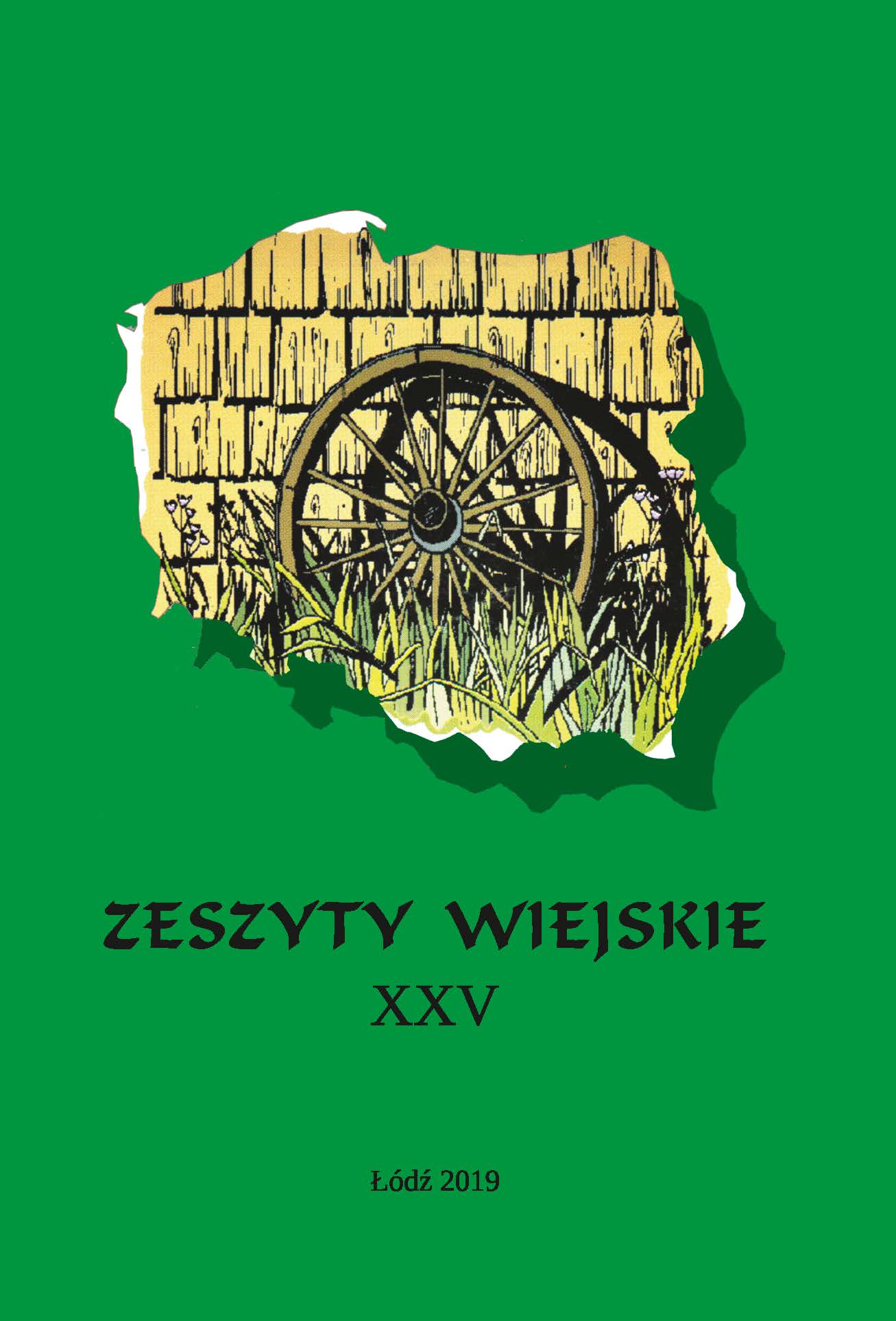Inteligencja wiejska w Polsce w latach 1945–1989
DOI:
https://doi.org/10.18778/1506-6541.25.08Słowa kluczowe:
village, education, university education, agricultural universitiesAbstrakt
After 1945 a number of changes occurred in rural Poland in relation to the education of farmers and their families, and the role of education in the lives of rural residents. First of all, a new group of peasant intelligentsia was formed, coming from the peasant or working-class environment. It was to replace the earlier elites by working in the spirit of socialist ideas and supporting the development of the state. Due to the need to rebuild the country and increase the efficiency of agriculture, educators and agricultural advisors trained in cities were also directed to villages. Pursuant to the implemented education development programs, farmers’ children gained access to schools, and parities were created for them at universities. As a result, there was a greater chance for farmers to send their children to universities, but this required financial capabilities of the family, as well as the belief that the education acquired would mean social advancement. The purpose of the article is to analyze the structure of education and educational opportunities of rural residents during the People’s Republic of Poland.
Pobrania
Bibliografia
Kandydaci i przyjęcia na pierwszy rok studiów, Rocznik statystyczny szkolnictwa 1944/45-1966/67, Warszawa 1967.
Google Scholar
Narodowy Spis Powszechny z dnia 7 XII 1978 r. Migracje ludności. Badanie metodą reprezentacyjną, GUS, Warszawa 1981.
Google Scholar
Dobosiewicz S., Reforma szkolna 1961 roku. Geneza i założenia, „Rozprawy z dziejów oświaty” 1970, nr 13.
Google Scholar
Dziurzyński P., Osadnictwo rolne za ziemiach odzyskanych, Warszawa 1983.
Google Scholar
Janicka K., Słomczyński K.M., Struktura społeczna w Polsce: klasowy wymiar nierówności, „Przegląd Socjologiczny” 2014, nr 63 (LXIII).
Google Scholar
Nowakowski S., Przemiany postaw w stosunku wieś-miasto w Polsce. https://repozytorium.amu.edu.pl/.../1/016%20STEFAN%20NOWAKOWSKI.pdf
Google Scholar
Szafraniec K., Wartość wykształcenia na wsi – fakty, tendencje, konsekwencje. Wieś i rolnictwo na przełomie wieków, pod red. I. Bukraba-Rylska, A. Rosner, Warszawa 2001.
Google Scholar
Szafraniec K., Wartość wykształcenia na wsi – fakty, tendencje, konsekwencje, [w:] Wieś i rolnictwo na przełomie wieków, pod red. I. Bukraba-Rylska, A. Rosner, Warszawa 2001.
Google Scholar
Wawrzyniak B.M., Doradztwo i postęp w rolnictwie polskim, Włocławek 2003.
Google Scholar
Welon Z., Drogi awansu chłopów polskich w świetle wskaźników antropologicznych, „Przegląd Antropologiczny”, t. 55, z. 1–2, Poznań 1992.
Google Scholar
Zaremba M., Wielka Trwoga. Polska 1944–1947, Kraków 2012.
Google Scholar
Żarnowski J., Inteligencja polska 1944–1989. Struktury i role społeczne: problemy dyskusyjne, „Acta Oeconomica Pragensia” 2007, R. 15, z. 7.
Google Scholar
Pobrania
Opublikowane
Jak cytować
Numer
Dział
Licencja

Utwór dostępny jest na licencji Creative Commons Uznanie autorstwa – Użycie niekomercyjne – Bez utworów zależnych 4.0 Międzynarodowe.











